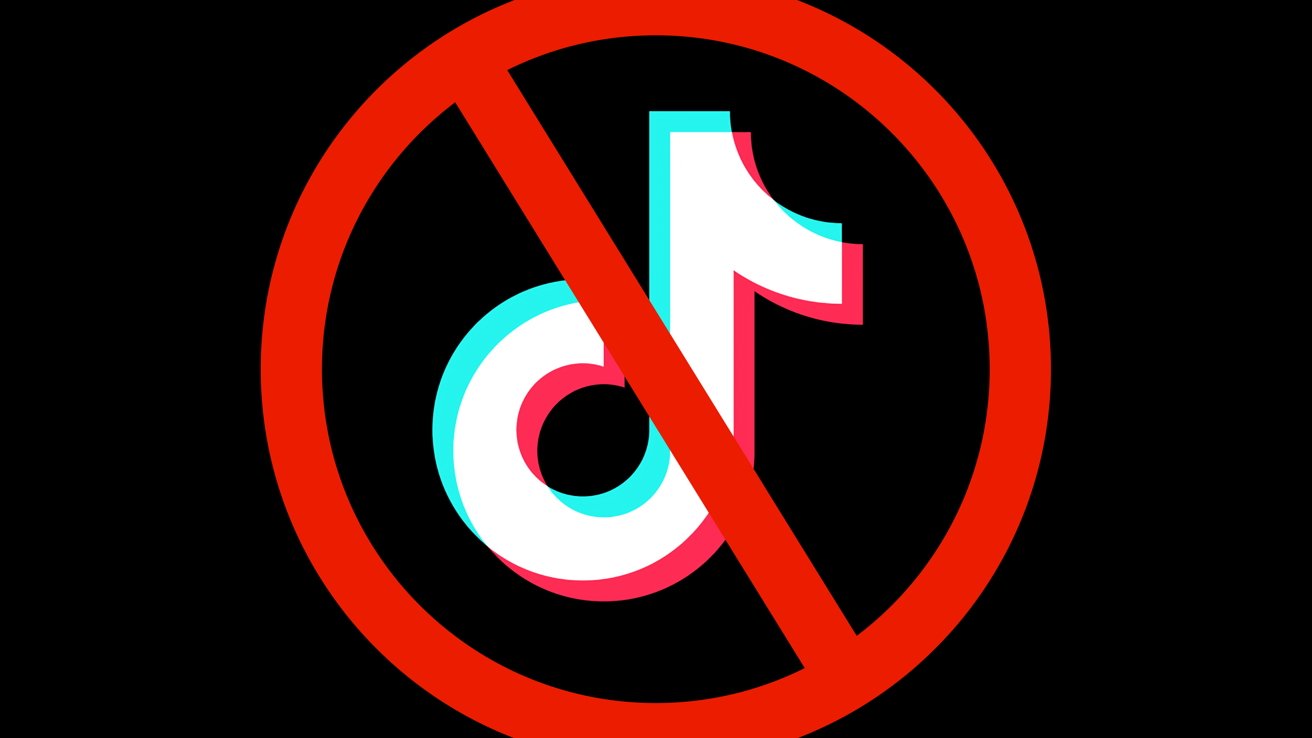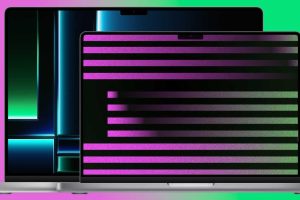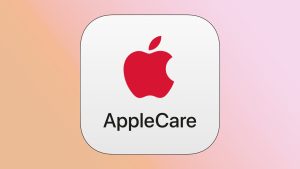
TikTok’s status in the U.S. remains complicated

Despite President Trump’s temporary stay on the federal TikTok ban, it’s extremely unlikely that the video-sharing app will return to the App Store anytime soon. Here’s why.
On January 19, the U.S. government enacted a blanket ban against ByteDance apps, owners of popular apps such as TikTok, Marvel Snap, and CapCut. A day later, President Trump signed an executive order delaying the ban for 75 days.
And yet, despite that, TikTok — or any app developed by ByteDance Ltd — has yet to reappear on the App Store or the Google Play store. And, according to a new Apple support page, it appears as if it’s going to stay that way.
Apple is obligated to follow the laws in the jurisdictions where it operates. Pursuant to the Protecting Americans from Foreign Adversary Controlled Applications Act, apps developed by ByteDance Ltd. and its subsidiaries — including TikTok, CapCut, Lemon8, and others — will no longer be available for download or updates on the App Store for users in the United States starting January 19, 2025.
The complete list of removed apps includes:
- CapCut
- Gauth: AI Study Companion
- Hypic
- Lark – Rooms Display
- Lark – Team Collaboration
- Lark Rooms Controller
- Lemon8
- MARVEL SNAP
- TikTok
- TikTok Shop Seller Center
- TikTok Studio
Those who live in the United States and already have any of the aforementioned apps on their phones will still be able to access them. However, they can’t be redownloaded if deleted or restored to a new device. Additionally, in-app purchases and new subscriptions are no longer possible.
This comes as the newest chapter in the fray between the United States and ByteDance that began in mid-2020, under the Trump administration.
For the next few years, notably the first of President Biden’s administration, it seemed as though the TikTok ban was off the table. Then, in April 2024, President Biden signed a law requiring ByteDance to divest TikTok ownership to a U.S. buyer within nine months.
ByteDance, for its part, went on record saying that it would rather shut down TikTok than divest to a U.S. company.
Days before the ban was set to take effect, then President-Elect Trump promised Americans TikTok would continue operating in the U.S.
After the ban took effect on January 19, Trump kept his promise. He delayed the ban on January 20, the day he took office.
The delay was enacted under the pretense that ByteDance would have an additional 75 days to divest ownership to a U.S. business. There’s currently no word if there’s been any movement on the divesture front.
The move to acquire TikTok is reminiscent of eminent domain, or the process of the government acquiring private property for public use provided it fairly compensates the original owner. However, because the only requirement is that ByteDance divests to a U.S.-based owner, who would likely retain it as private property, it does not meet the criteria.
While ByteDance was founded by Chinese entrepreneurs, China does not own a majority stake in the company. As TikTok points out, Nearly 60% of TikTok is owned by institutional investors such as BlackRock, General Atlantic, and the Carlyle Group, while its founders and global employees own 20% each.




